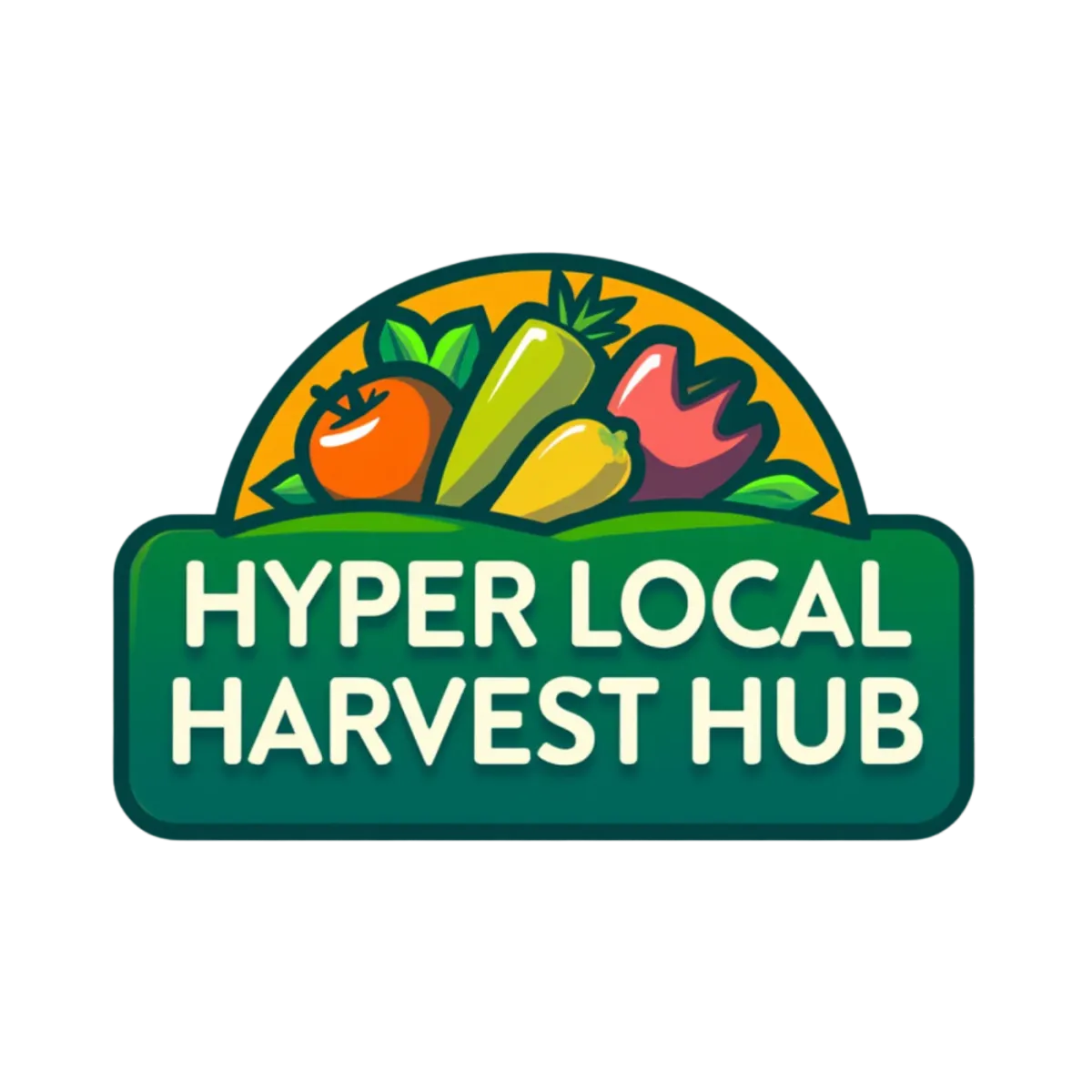
How to Secure Affordable Land for Your Hyper-Local Food Production: A Practical Guide
Securing land for hyper-local food production can be a challenge. But with the right strategy, creativity, and some good old-fashioned perseverance, you can find affordable options to plant roots—literally. Here’s how you can get started:
Assess What You Need and What You Have
Before diving headfirst into finding land, pause. Think about what you actually need. How much space do you require for your food production? Are you growing enough to feed a neighborhood or just your own family? Perhaps you need a few square feet for raised beds or a plot for a small orchard. Once you know what you need, assess what you already have. Do you own a backyard? Could a community space be a temporary fit? Starting small and thinking creatively about available resources can reduce upfront costs.
Explore Creative Land Partnerships
Look for local landowners who might have underutilized plots. Many individuals and families own land but need more time or skills to cultivate it. They may be open to partnerships, such as land sharing in exchange for a portion of the harvest. Approach churches, schools, or community centers as well; they often have unused land and might welcome a partnership that provides fresh produce or creates community engagement.
Lease Before You Buy
Buying land outright is expensive, but leasing is often more accessible. Agricultural leases, community-supported agriculture (CSA) models, and co-op agreements can give you the growing space you need without requiring significant financial investment. Leasing allows you to test and build your production system while saving for potential future land purchases.
Search for Land Trusts and Conservation Programs
Land trusts and conservation groups often prioritize keeping land productive and sustainable. They may offer affordable leases, grants, or assistance to those looking to start or expand agricultural projects. These organizations focus on preserving land for sustainable use, making them a potential ally for hyper-local food producers.
Approach Local Governments
Local governments are generally intersted in boosting sustainability and community initiatives. They might have programs that connect urban and rural farmers with affordable land. Check with city or town to see if there are any such initiatives, vacant lot programs, or agricultural incentives that provide low-cost access to land for food production. In some areas, tax incentives and reduced-cost leases encourage community-based agriculture.
Network, Network, Network!
Networking with local farmers, community groups, and existing hyper-local hubs can unlock opportunities. They might have insights on land availability or know someone ready to lease or partner. The more connections you make, the more you increase your chances of finding affordable options that align with your goals.
Land Co-ops: Team Up for Buying Power
Purchasing land as part of a cooperative or community venture spreads costs and responsibilities across multiple people. This approach makes acquiring larger plots more manageable and affordable. Land co-ops also foster a sense of community and create shared duties in managing and maintaining the space.
Use Your Land Wisely (and Sustainably)
If you already have a small plot, maximize every inch of it. Raised beds, vertical gardening, and crop rotation can yield surprisingly high outputs even in limited spaces. This approach is not just economical—it’s sustainable and scalable. Demonstrating success in a small area may attract more opportunities and partnerships for expansion.
Crowdfunding and Community Investment
Sometimes, asking for help is the best step forward. Crowdfunding can rally community support and raise funds for leasing or purchasing land. People may be more willing to chip in when you explain your vision of community-driven food security. Similarly, offering “investment shares,” where people invest money for a percentage of the yield, can build capital and community connections.
Prioritize Relationships Over Contracts, But Formalize Your Agreements
Foster trust in all your dealings—whether with individual landowners, government programs, or co-ops. Building genuine relationships will help your hyper-local hub thrive. However, be sure to use formal agreements to protect all parties involved. This balance ensures everyone’s expectations are clear and that mutual respect remains the core focus.


